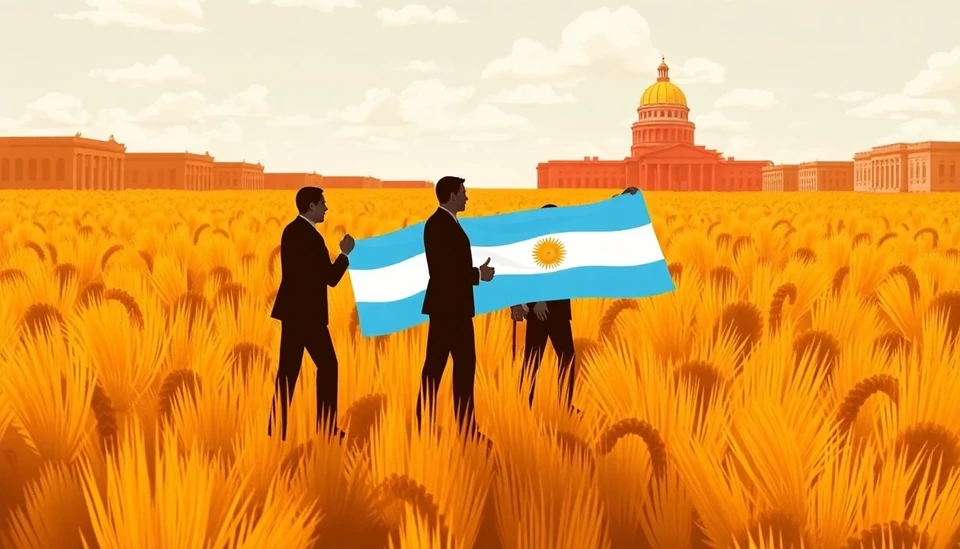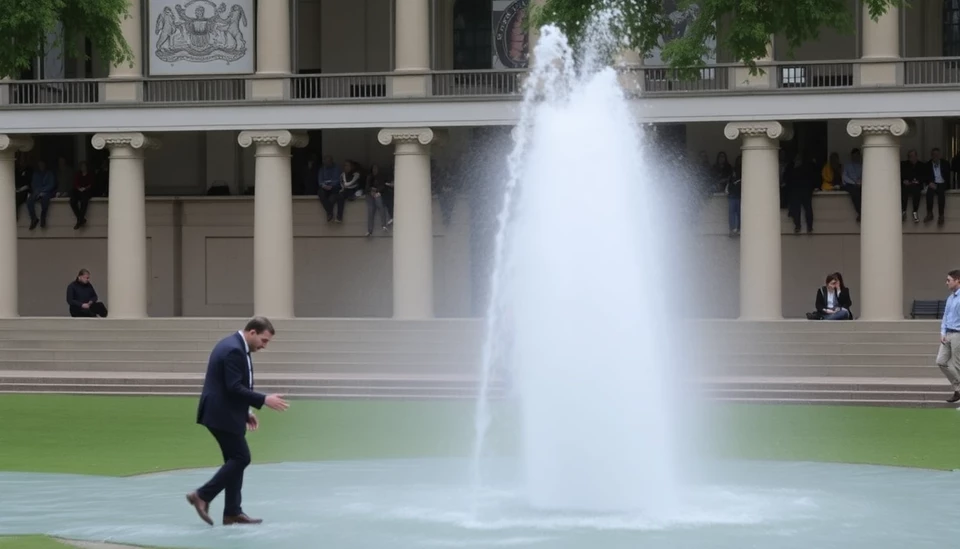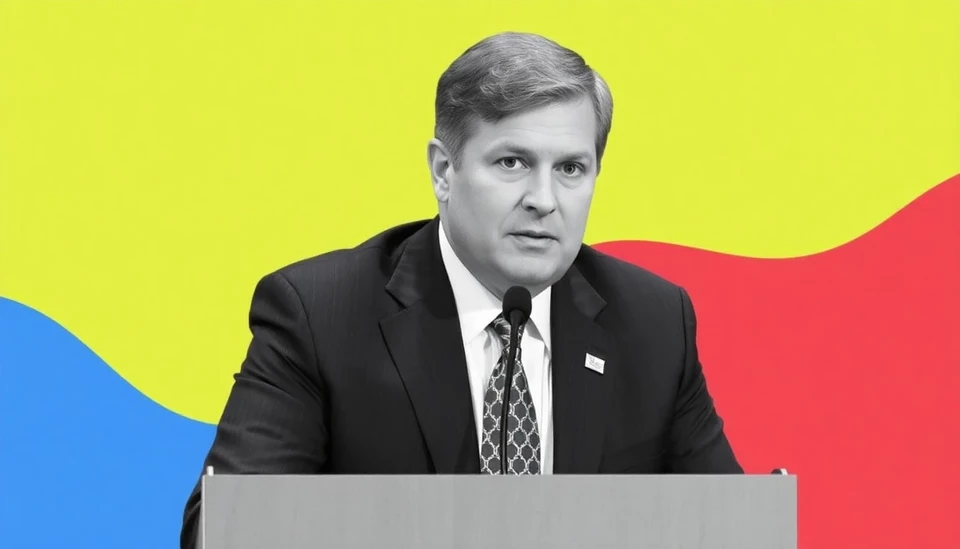
The International Monetary Fund (IMF) has recently committed to a substantial financial package aimed at supporting Argentina's new government under President Javier Milei. This move seeks to stabilize the nation’s economy, which has faced relentless inflation, currency devaluation, and past financial missteps.
President Milei, known for his radical economic ideologies—often referred to as the “Chainsaw Man”—promises to implement urgent and aggressive reforms designed to overhaul Argentina’s stagnant economy. These reforms are aimed at eliminating bureaucratic inefficiencies, reducing government spending, and making significant structural adjustments to encourage investment. The goal is to transform Argentina into a more competitive player in the global market.
The IMF's financial commitment, valued at billions, is a manifestation of their confidence in Milei’s bold approach to tackle chronic economic woes that have plagued Argentine society for years. This deal follows a tumultuous history between Argentina and the IMF, which has seen multiple failed negotiations and substantial economic turmoil in the past.
Milei’s administration has proposed drastic cuts to public spending and plans to dollarize the economy, an idea rooted in the belief that a stable currency is essential for restoring public trust and economic stability. His administration aims to eliminate the pervasive inflation, which has skyrocketed to rates that jeopardize savings and purchasing power for the average citizen.
The IMF’s decision signals a significant shift in strategy, as the Fund has historically been cautious regarding interventions in countries with volatile economic environments. However, with high levels of external debt and pressure from both domestic and international stakeholders, this financial injection could prove crucial.
Critics of Milei’s strategies express caution, warning that rapid reforms without adequate safeguards could potentially worsen the situation. Concerns about social unrest and the impact on the poorest segments of society have been raised, alongside skepticism about the feasibility of such sweeping changes in a nation long accustomed to economic turmoil.
Nevertheless, the IMF's support is seen as a critical lifeline that may buy Argentina the time it needs to transition toward a more robust economic model. If successful, Milei’s vision could not only stabilize the country but potentially set a new precedent for economic reforms in other nations grappling with similar challenges.
In the backdrop of immediate reforms, there lies a necessity for a careful balance: ensuring that the pain of austerity measures does not undermine the social fabric of Argentina while achieving the fiscal discipline required to restore growth and confidence. The road ahead is fraught with challenges, yet the optimism surrounding Milei’s administrations might be the catalyst for a much-needed turnaround.
The global economic community is watching closely as these developments unfold, with implications that extend beyond Argentina’s borders. The stakes are high, and the outcome of this unprecedented partnership between the IMF and Milei’s administration may reshape the narrative of economic recovery in Latin America.
As the IMF and Argentina embark on this precarious journey, one thing remains certain: the promise of reform stands as a beacon of hope against a backdrop of uncertainty and adversity.
#Argentina #IMF #Milei #EconomicReform #Inflation #Dollarization #ChainsawMan #FinancialCrisis #EconomicStability
Author: Daniel Foster




